Case studies
AROYA in action
Behind every harvest is a grower making tough calls. These stories show how AROYA helped them make the right ones.
Education Guides
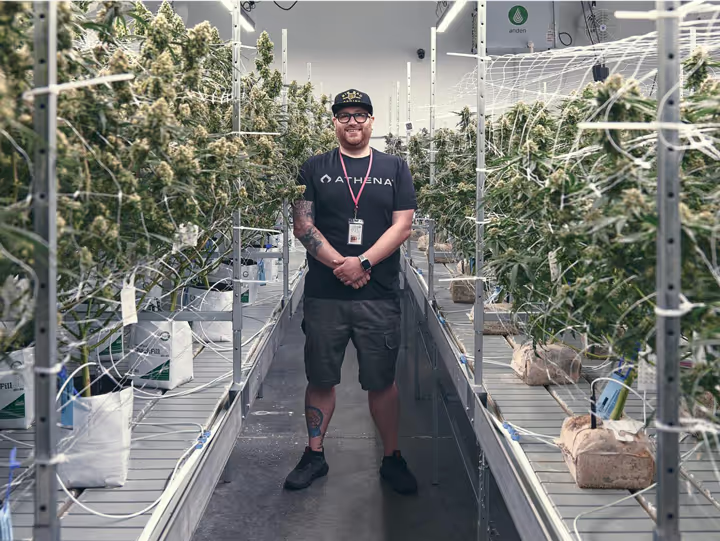
Top-shelf edible experience
Discover Kalikori's Kitchen in Maine, where premium edible experiences have been crafted using 100% solventless hash and top-shelf ingredients since 2016.
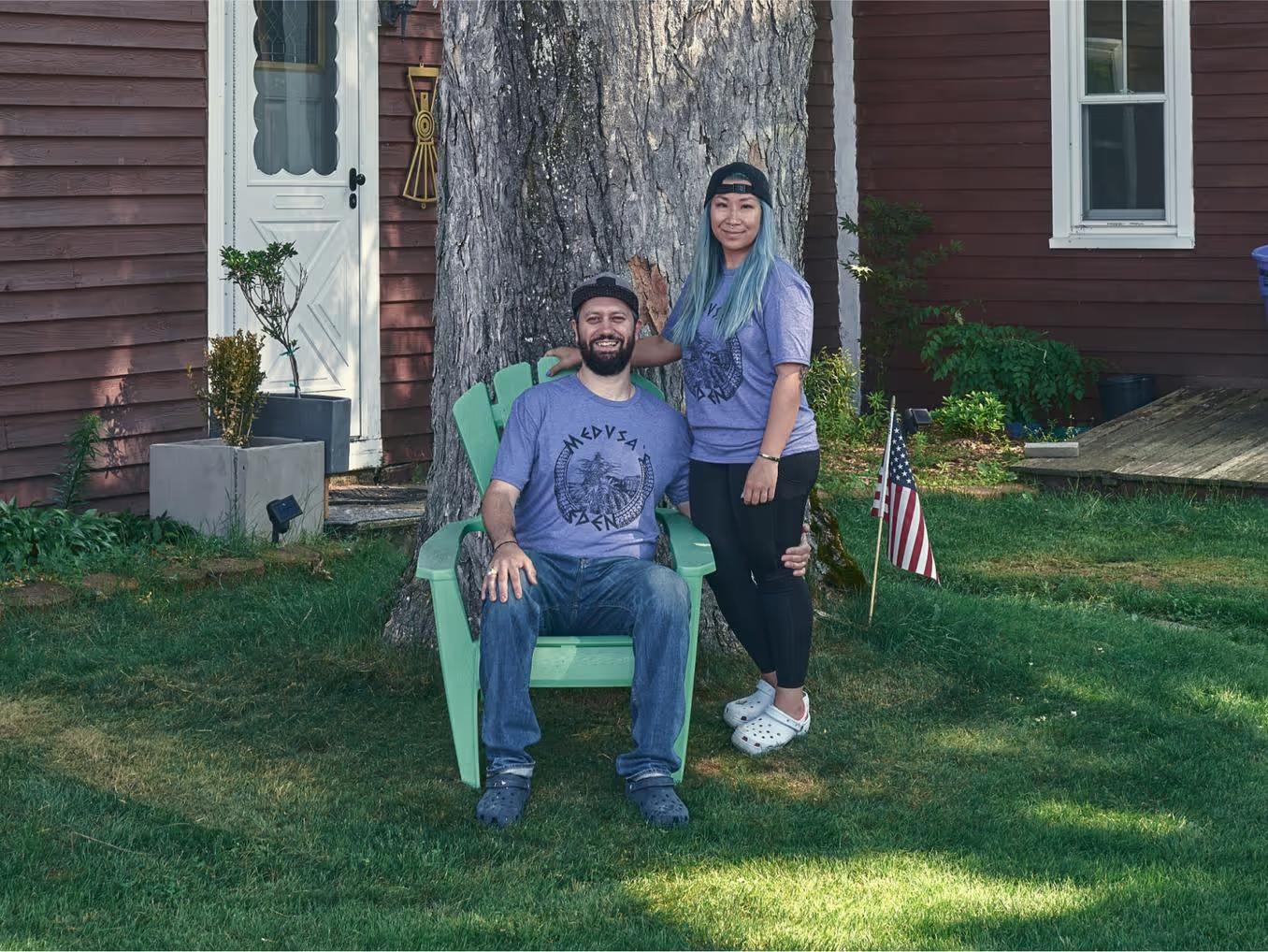
A husband-and-wife team
Read the AROYA case study covering the husband and wife team Dexter and Virginia Holmes.
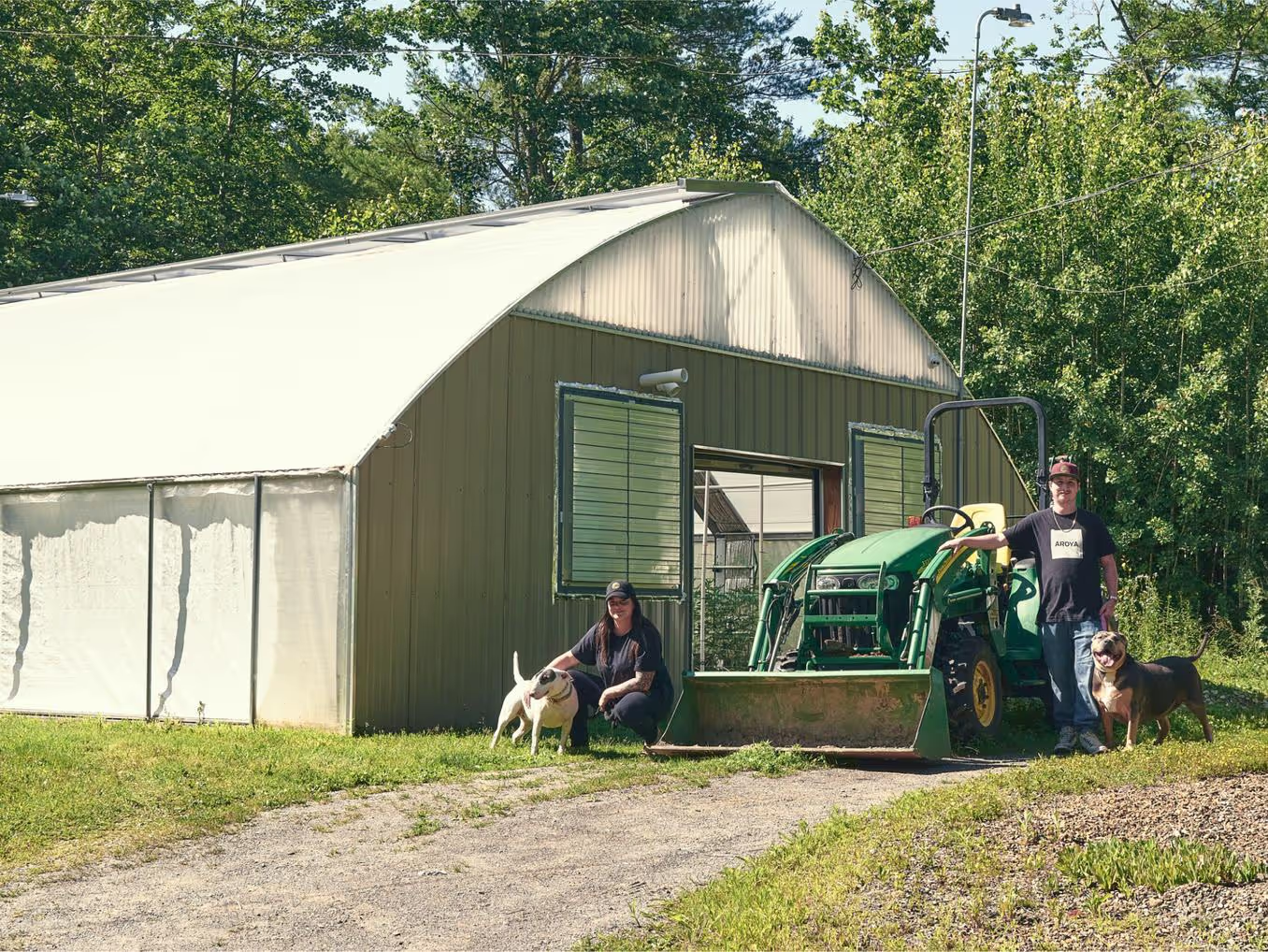
Committed to the cure
East Coast Cure, founded by pioneering Maine medical card holder Dylan Proctor and COO Ellie Coyne, combines decades of cultivation expertise with innovative growing technology. Here’s how AROYA helps.
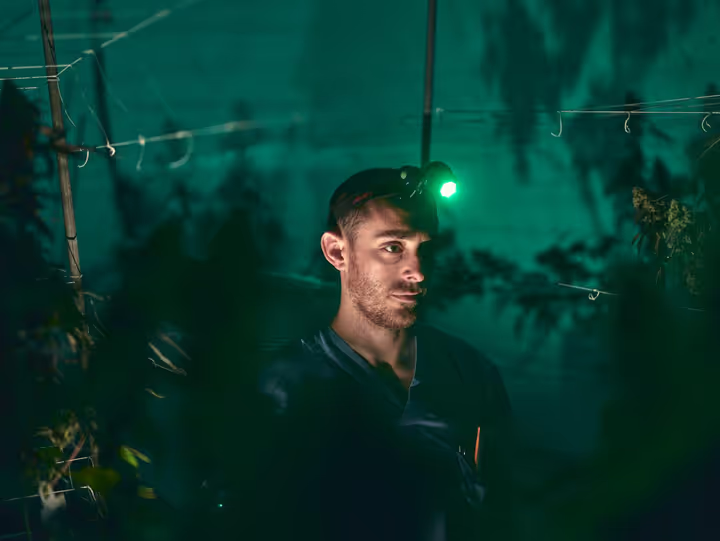
Plant tissue micropropagation and culture
Read the case study on Node Labs, who offer plant tissue micropropagation and culture techniques in the cannabis industry.
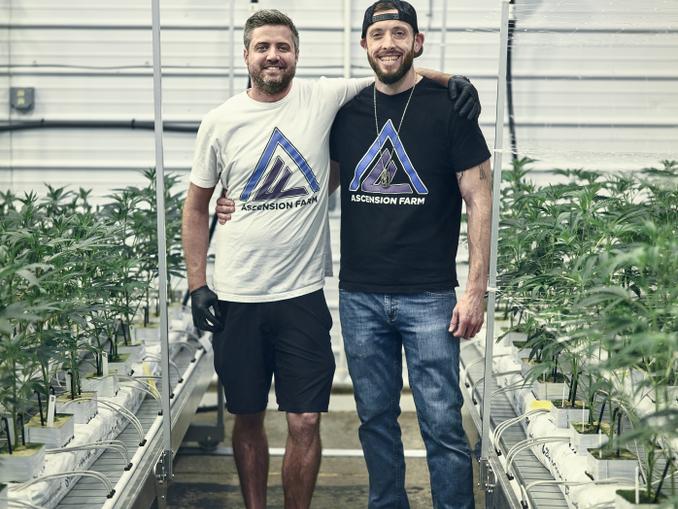
Ascension Farm
Discover Ascension Farm's journey in Maine's medicinal market, where co-owner Jeff Winnard turned his passion into a thriving operation. Learn how AROYA's cultivation solutions help commercial growers achieve higher yields through advanced sensors, monitoring, and expert consulting services.
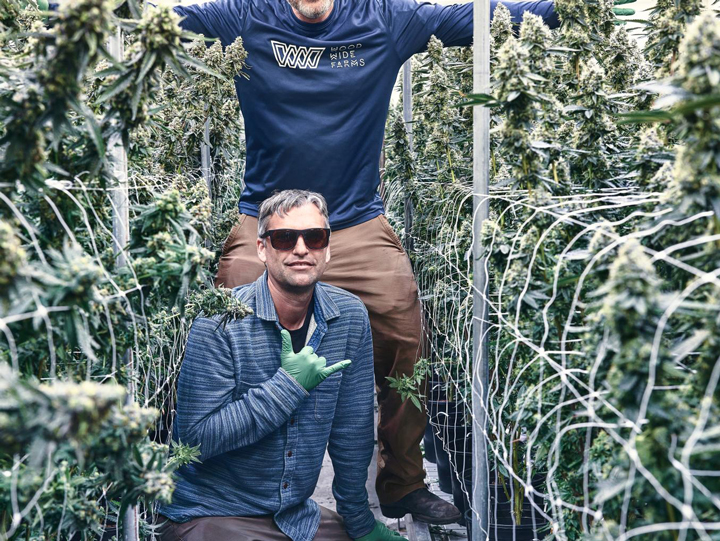
Wood Wide Highcraft
Through tracking and monitoring water content and having access to historical data, AROYA helped Wood Wide find opportunity and efficiency by honing in on their irrigation. Here’s how.
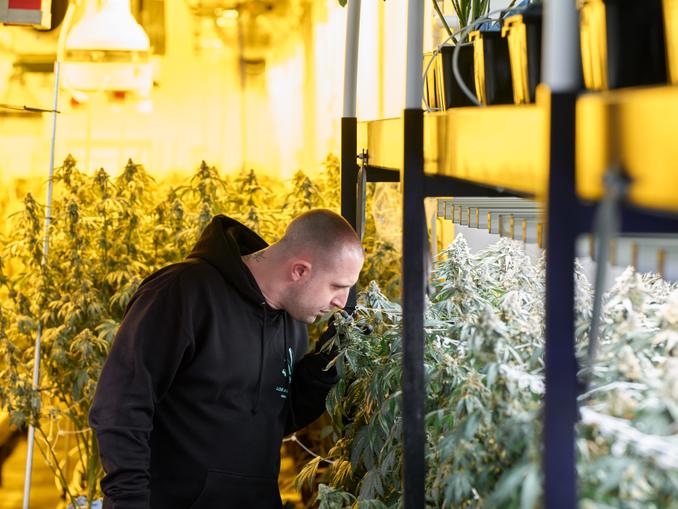
In hardship for brothers
Two brothers built Elevate, a successful commercial cultivation business, from the ground up. This case study showcases how family loyalty and determination helped create a thriving operation.
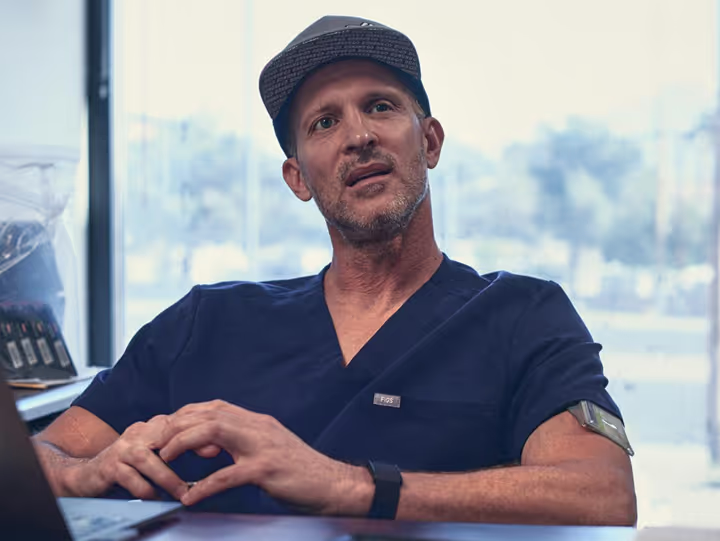
Oregon, Arizona, Washington, and Nevada
Learn how the team at Shango started successfully implementing cannabis sensor technology from AROYA into their grow rooms.
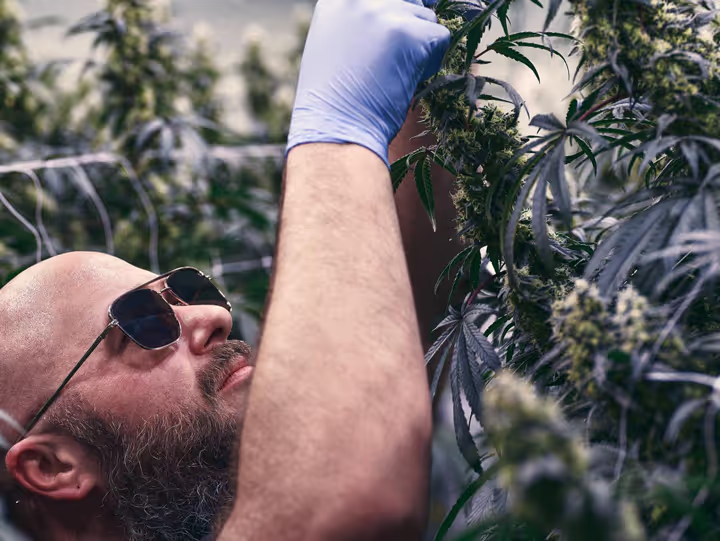
Step into the grow room
Learn how the commercial cannabis cultivators at Vertical have been on an oh-so colorful journey, even from the very beginning.